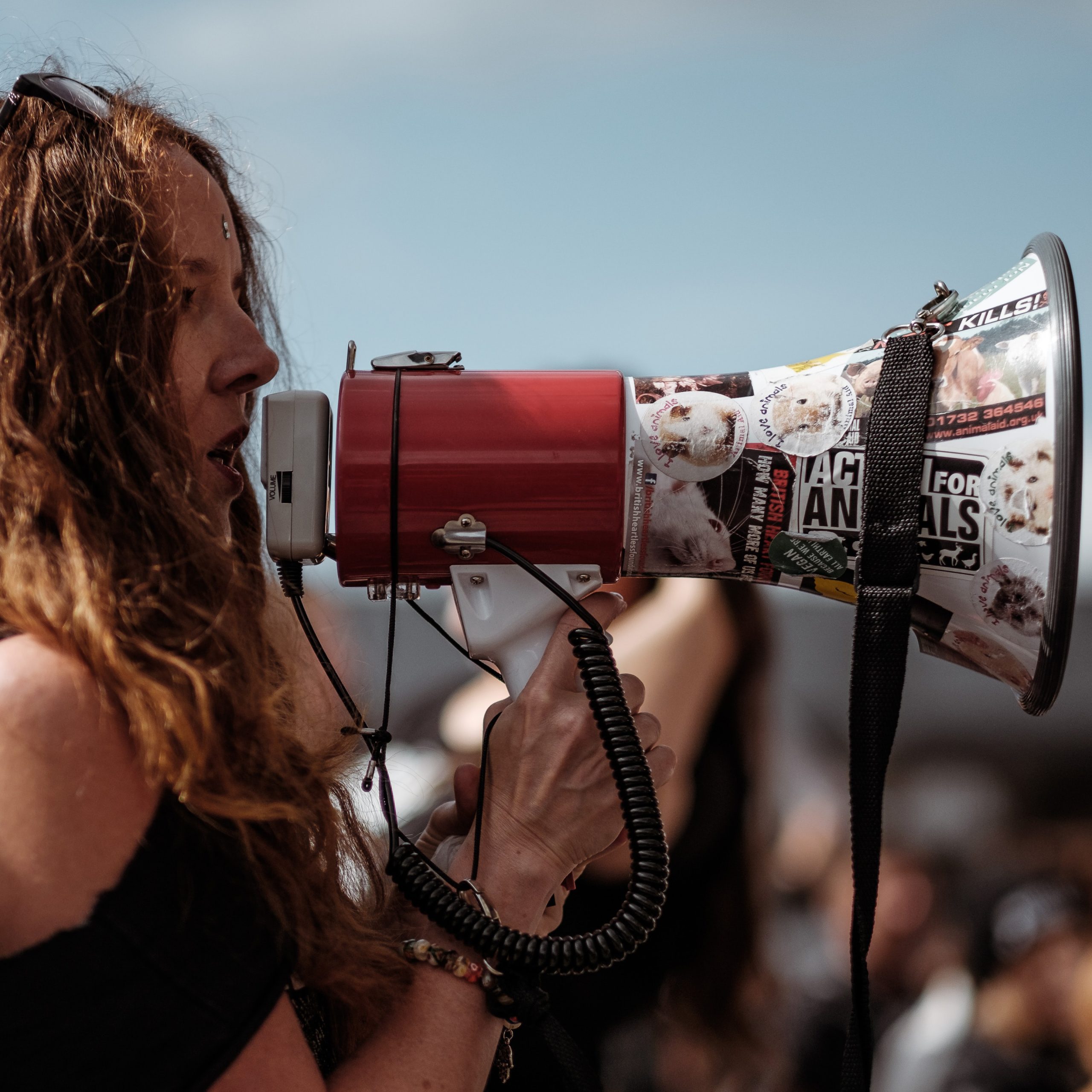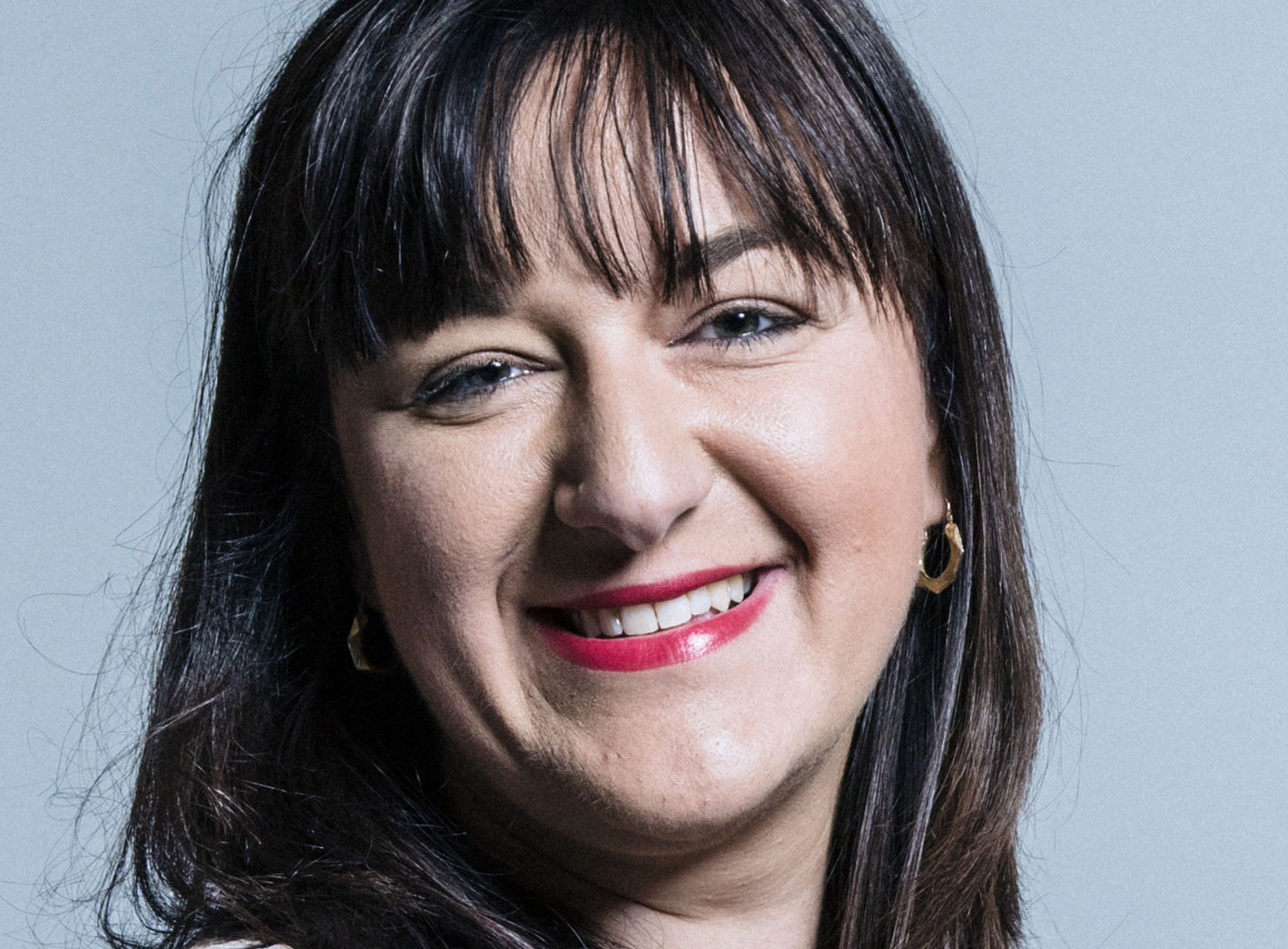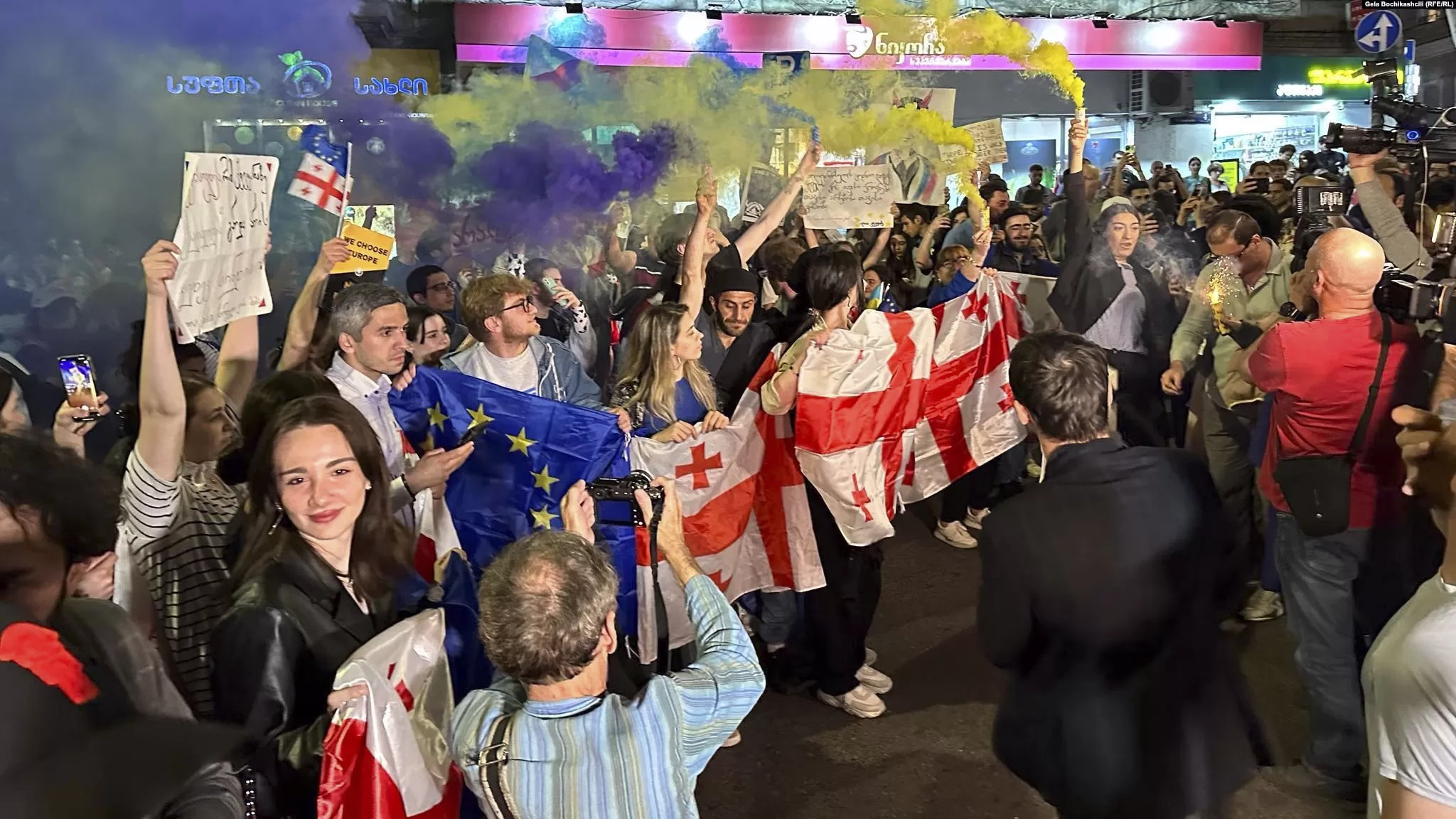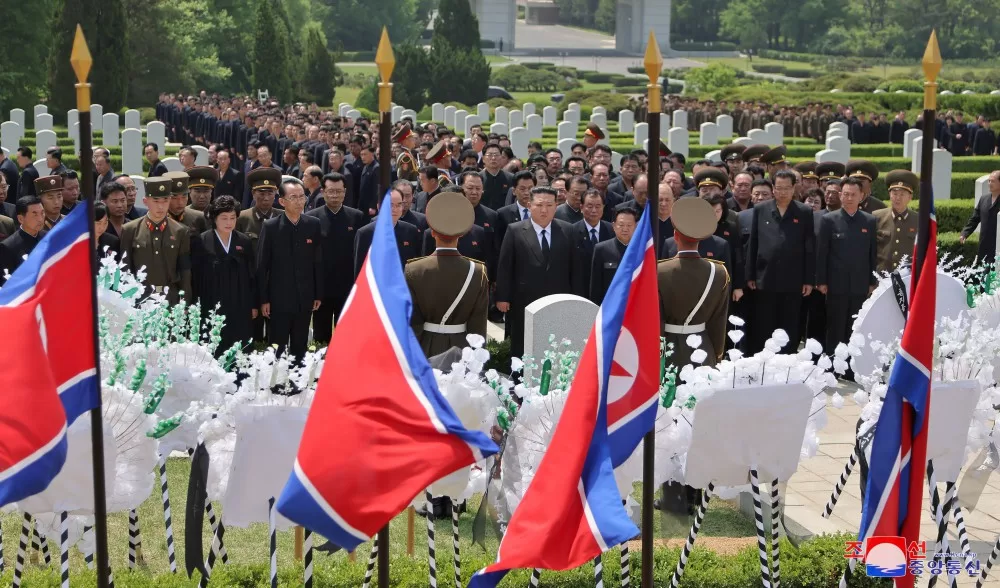Freedom of expression is an amazing human right. It guarantees each and every one of us the right to speak, to write, to create. For many of us it also provides a legal framework to protect our voices, to make sure that every viewpoint, on every issue has a counter view available. At its best it drives debate and progression and makes our society stronger.
There is, however, one thing that freedom of expression doesn’t grant and that is the right to be heard and listened to. It only protects the right to speak. In some instances that isn’t necessarily a bad thing – some fringe views should stay on the fringe…
However in too many instances a lack of voices fails us all. Freedom of expression doesn’t guarantee you a seat at the table and it doesn’t ensure that a diverse range of voices influence the people making decisions that affect every part of our lives.
A case in point was this month’s COP27 conference. Only 34% of the negotiators sent by their nations to discuss the impact of climate change and efforts to get to net zero were women. This should come as no surprise. After all, most governments rarely reflect the gender balance of their countries. Of the people elected to the US Congress this month 27% are women. And 24% of the US Senate will be women. The British Cabinet only has seven women – 23% of the total. And last month’s Chinese Communist Party Congress didn’t have a single woman present.
I realise that for some this could be seen as a feminist rant. It isn’t. The lack of women just highlights how few voices get to the top table and how little room there seems to be for alternative views and perspectives. Which is why our right to freedom of expression is so important – the more voices that exist, the more arguments made, the more difficult it is for policy makers to ignore them. Which means ultimately we all win.
Our right to freedom of expression has underpinned every progressive campaign that has reshaped society since the advent of the printing press – from the end of slavery, to universal suffrage, the right to strike and the right to gay marriage, to name but a few. These views were not of the mainstream, they were not the prevailing views of the elected politicians and governments. They were however discussed, debated and then demanded by their citizens. Just as they should be – which is why we fight every day to make sure that our rights to freedom of expression are protected and cherished. Because while freedom of expression isn’t the same as the right to be heard, it’s a good start.






